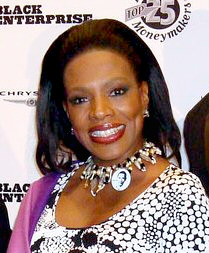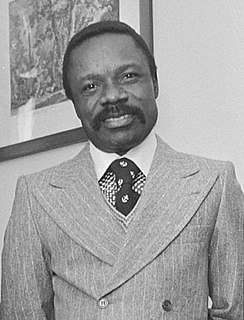A Quote by Uzodinma Iweala
The denial with which many African leaders and communities greeted the appearance of HIV and AIDS across the continent in the 1990s is now considered a tragic mistake rather than a purposeful pushback against lingering colonial prejudice.
Related Quotes
I am sure it is in the medical textbooks, there are many things that cause immune deficiency and you will find therefore in the South African HIV and AIDS programme, that it will say that part of what we have got to do is to make sure that our health infrastructure, our health system is able to deal adequately with all of the illnesses that are a consequence of AIDS.
I spent the past week here in India getting a sense of the reality of HIV and AIDS in people's lives. Fathers and mothers are dying, leaving children with no support. Stigma and discrimination is ruining the family lives. There is an urgent need for education, information, and increased awareness of HIV and AIDS. The response needs to be now. We cannot afford to become fatigued.
Drug warriors' staunch opposition to needle exchanges to prevent the spread of HIV in addicts delayed the programs' widespread introduction in most states for years. A federal ban on funding for these programs wasn't lifted until 2009. Contrast this with what happened in the U.K. At the peak of the AIDS epidemic in the mid-1990s, the HIV infection rate in IV drug users in the U.K. was about 1%. In New York City, the American epicenter, that figure was 50%. The British had introduced widespread needle exchange in 1986. That country had no heterosexual AIDS epidemic.
































